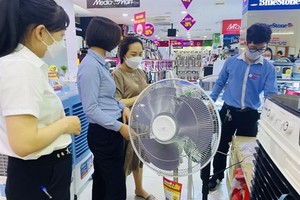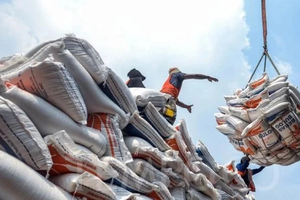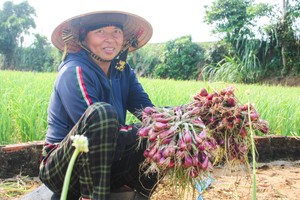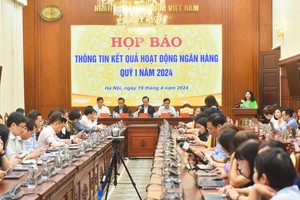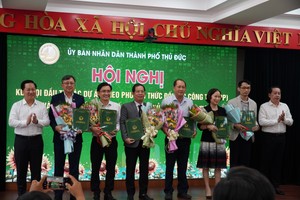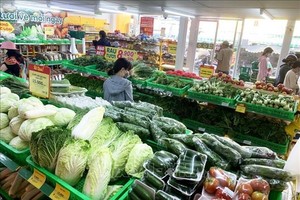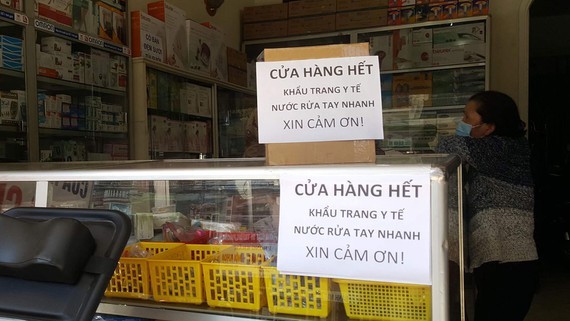
According to the Department of Industry and Trade of HCMC, the city now has 20 businesses making medical facemasks supplying 2,532,000 products a day. Most of them have expressed concern about material supply source. The main materials for facemask production include non-woven fabric, antibacterial fabric and activated carbon. Of these, only non-woven fabric is made domestically while the remaining two must be imported with the main supply source from China.
In Vietnam, there are 38 medical facemask producers who are falling in the same situation. For instance, Hanoi-based Tanaphar capable to make 50,000-60,000 facemasks a day, comprising regular and surgical facemasks. During the peak phase of fighting against the Covid-19 epidemic, the company has mobilized human resources at the maximum level to work 24/7 to serve operations against the Covid-19 epidemic.
However, the company worried about material shortage because antibacterial fabric is majorly imported from China but the country has banned export of all products, materials and machines for facemask production. The company has contacted Indian partners to import materials but faced difficulties in transactions and import price acceleration.
Despite some businesses have operated at full capacity but facemask supply is still short in the market because their production capacity is far lower than demand. Before the epidemic, medical facemasks were mainly used by medical workers in hospitals. Now, everyone uses this product to protect against the novel coronavirus.
The Ministry of Industry and Trade has required commercial councilors in countries having materials such as India and Malaysia to connect local businesses and foreign partners to import materials for domestic facemask production.
In the meantime, the HCMC Department of Industry and Trade has worked with X28 Corporation under the Ministry of Defense to supply consumers with 200,000 antibacterial facemasks through supermarkets. The agency has proposed Saigon Union of Trading Cooperatives to buy five million antibacterial facemasks from Vietnam National Textile and Garment Group to supply the market.
Deputy director of the HCMC Department of Industry and Trade Nguyen Huynh Trang expected that new material sources and antibacterial facemasks made by garment and textile firms will help solve facemask scarcity in HCMC.
Amid the current context, each consumer should show responsibility to the community by not stockpiling goods especially facemasks for everyone to be able to buy the product at the right time and manner, Ms. Trang said.
